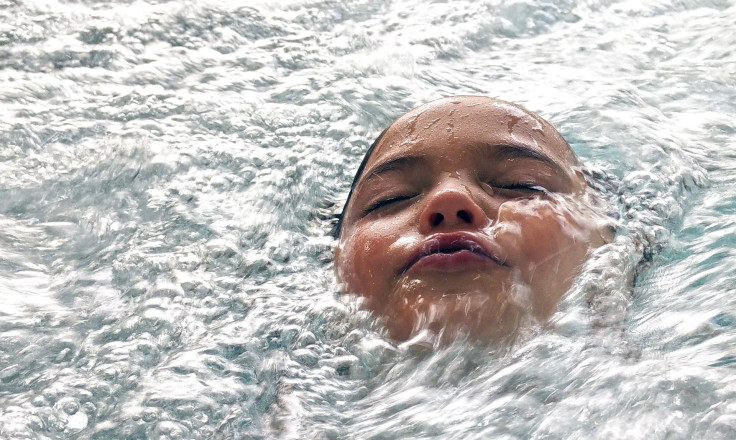What Is Shallow Water Blackout? 5 Prevention Tips To Avoid SWB
KEY POINTS
- A 21-year old college student recently drowned in Florida due to shallow water blackout
- SWB is caused by a lack of oxygen in the brain and results in a loss of consciousness
- Tips to prevent SWB include never ignoring the urge to breathe and never swimming alone
A 21-year old college student from Florida died recently from shallow water blackout after betting that "he could hold his breath long enough" to go around the perimeter of an island within the pool at SpringHill Suites.
Shallow water blackout is the instance when one faints underwater because there is a lack of oxygen in the brain. This condition can be fatal when no immediate rescue is available and is common among physically fit swimmers, spearfishers and freedivers.
SWB can happen to anyone and occurs in conditions where there are repetitive, competitive, prolonged breath-holding laps with little rest in between, resulting in a lack of oxygen.
Those who are at greatest risk of SWB are swimmers at the end of a training session, those attempting an underwater swim and those who swim alone, People reported.
The student’s obituary indicated that Joseph Pedrotti was spotted by his friends facedown in the pool about a minute later, unconscious. Pedrotti's friends then pulled him out and administered CPR. Police and rescue workers arrived shortly after midnight on March 30.
Pedrotti was rushed to the hospital in critical condition and died on April 2 of SWB, as stated in his obituary.
"Please educate yourself and others about the cause of Joe's death, Shallow Water Blackout, at www.shallowwaterblackoutprevention.org and help save someone's life," a note on his obituary read.
Shallow Water Blackout Prevention has provided tips on how to avoid the fatal condition:
- Never hyperventilate
- Never ignore the urge to breathe
- Never swim alone
- Never play breath-holding games
- Never do repetitive underwater laps (one lap, breathe)
SWB Prevention also shared on its site the process of SWB and how it occurs:
- Hyperventilation - Over-breathing artificially lowers carbon dioxide levels.
- 02 Drops - Oxygen is metabolized and carbon dioxide levels increase due to the breath-hold.
- Unconsciousness - Due to low levels of carbon dioxide, there would not be enough supply to initiate a breath, thus making the swimmer unconscious.
- Drowning - As the swimmer loses consciousness, the body forces a breath which then causes the lungs to fill with water. Without immediate rescue, it may result in the death of the swimmer.

© Copyright IBTimes 2024. All rights reserved.





















